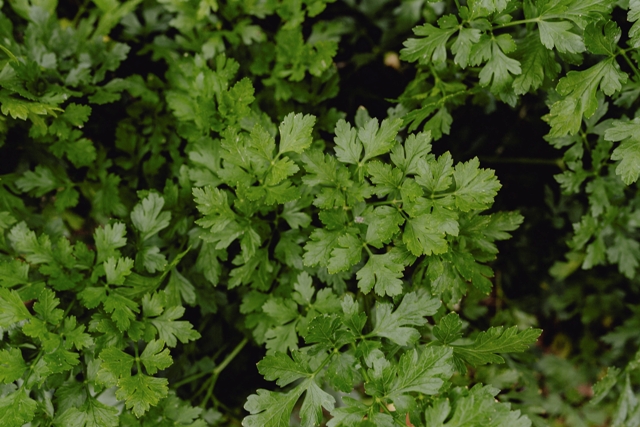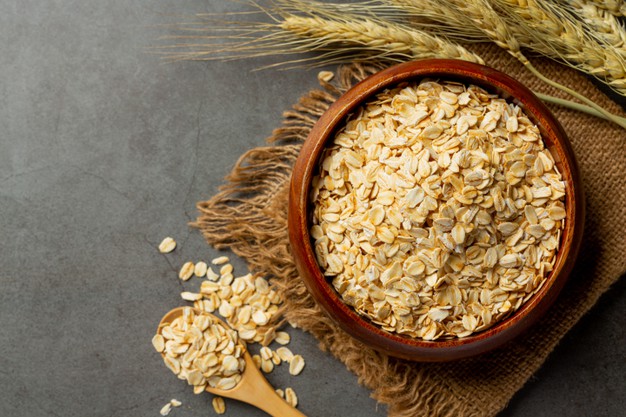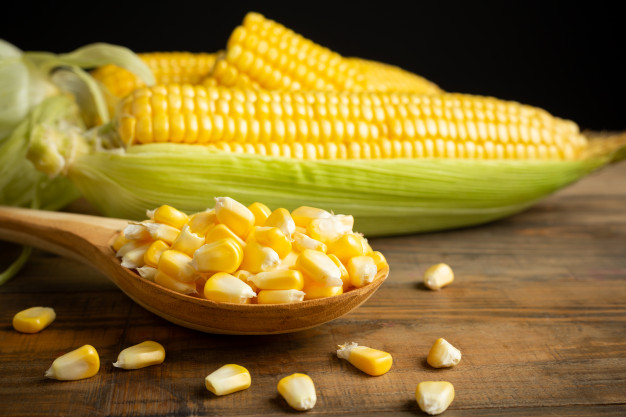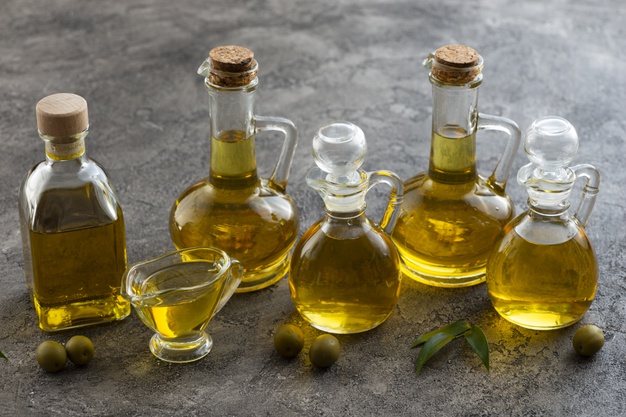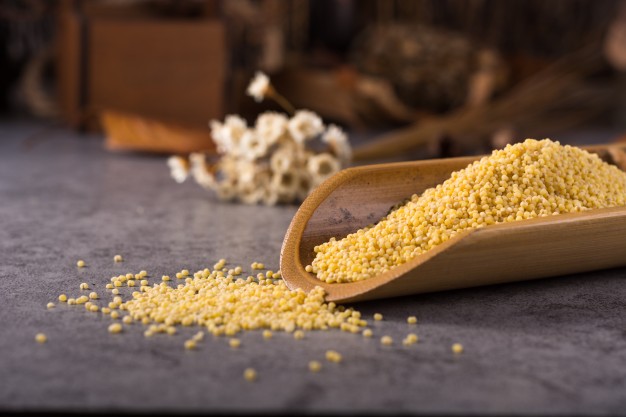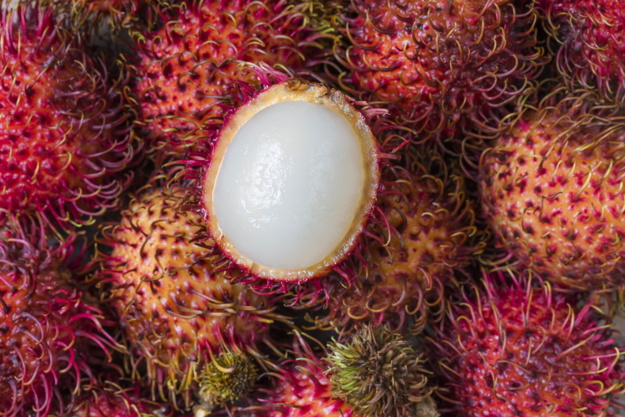Coriander leaves are considered as nutrient dense leaves of coriander plant. It is also known as cilantro. It has been traditionally used for various medicinal and culinary purposes.
Nutritional profile
- It contains lesser amount of carbohydrates, fats and proteins but it contains desirable amount of fibre
- It is rich in numerous important vitamins like Vitamin A, Vitamin C, Vitamin K, Vitamin B1, B2, B3, B6, B9 and choline
- It is also packed with several vital trace elements like calcium, phosphorus, magnesium, manganese, iron, copper, selenium, zinc and potassium
- It contains numerous phytonutrients as well that exhibit several nutraceutical activities
Biological activity
Antioxidant activity
- Its phenolic components and micronutrients are responsible for exerting strong antioxidant activity, which helps to protect the body from the harmful effects of free radicals
- It helps to prevent cellular damages
- It helps to decrease oxidative stress, which ultimately reduces the risk of developing chronic diseases
Anti-inflammatory activity
- It exhibits anti-inflammatory activity too, which helps to prevent inflammation by reducing the concentration of inflammatory mediators in body
- It exerts analgesic effect too, which plays significant role in relieving pain
- It helps to promote joint health as well by preventing joint swelling


Anti-convulsant activity
- It has seen that consumption of coriander leaves is extremely helpful for decreasing the prevalence of epileptic seizures
- It acts as an activator of the KCNQ channel (voltage gated potassium channel subfamily Q)
- Malfunctioning of this channel is responsible for developing epileptic seizures, which causes severe damage to the brain
- It has seen that consumption of coriander leaves is very beneficial for preventing this complication. It contains a component named dodecanal that binds to the potassium channel and helps them to open, which ultimately helps in decreasing overall excitability of neuron as a result prevents seizures
Anti-carcinogenic activity
- Quercetin, terpinene and Vitamin E components of coriander leaves are responsible for exerting anti-carcinogenic activities
- It helps to decrease oxidative stress, which is also responsible for lowering the risk of developing cancers
- It is related with suppressing the growth of malignant cells in body by inducing apoptosis
- It helps to prevent metastasis as well
- It is very effective for decreasing the prevalence of lung, colon, breast and prostate cancer

Antimicrobial activity
- It has potent antimicrobial effects, which help to decrease the susceptibility of developing infectious diseases by hindering the growth of microbes within host
- It is very effective against Escherichia coli
- It is extensively used for treating various fungal infections like trush
- It also helps to prevent the growth of yeast especially Candida albicans within body thus helps to protect the body from its harmful consequences
Health benefits
Role on digestive health
- Individual suffer from indigestion should include coriander leaves in their diet as it helps in digestion
- Its fibre content is responsible for improving bowel movement, which helps to improve regularity
- On the other hand its fibre content is also related with enhancing peristalsis that helps in promoting colonic health
- Its antioxidant and anti-inflammatory activities are accountable for protecting the entire gastrointestinal tract from oxidative and inflammatory damages, which ultimately lowers the risk of developing irritable bowel syndrome, inflammatory bowel disease and ulceration
- It is also very effective for decreasing the prevalence of bloating, flatulence and abdominal pain
Role on immunity
- It plays significant role in boosting up overall immunity of the body
- Its antioxidant activities are responsible for promoting the functionality of immune cells by preventing their damages as a result helps to increase the resistance power of the body, which eventually reduces the susceptibility of becoming ill
- It helps to promote the synthesis of WBC, which ultimately helps to fight against infections thus lowers, the prevalence of infectious diseases

Role on nervous system
- Consumption of coriander leaves is extremely useful for maintaining a healthy nervous system
- It helps to promote the functionality of nerve cells by protecting them from oxidative damages as a result improves brain activity
- It is also associated with preventing the onset of neuro-inflammatory events thus significantly decreases the prevalence of neuro-inflammatory diseases like multiple sclerosis, Parkinson’s diseases and Alzheimer’s disease
Role on mental health
- It plays vital role in promoting mental health as well
- It has seen that consumption of coriander leaves or its extract is very effective for decreasing anxiety
- It is also associated with relaxing muscles and providing calmness to the body, which ultimately helps to reduce the stress level
- It helps to improve mood as well
- It also exerts sedative activity, which subsequently improves sleeping quality and prevents insomnia
Role on skeletal system
- It is considered as a good source of calcium and calcium is essentially required for healthy bone formation thus it is believed that consumption of coriander leaves is extremely helpful for maintaining a healthy skeletal system
- Vitamin K component of coriander leaves helps in bone metabolism, which is also related with strengthening the skeletal system
- It is associated with enhancing bone mineralization too, which ultimately improves bone mass, strength and density
- It helps to decrease the prevalence of bone disorders and bone fractures

Role on skin
- It offers numerous skin benefits
- Micronutrients and phytonutrient components of coriander leaves are responsible for promoting skin health as they play vital role in nourishing the skin
- It is also associated with inhibiting cellular damage, which ultimately prevents skin ageing
- It helps to protect the skin from the harmful effects of UV radiation as well
- It is also associated with preventing acne, dry skin and pigmentation
- It helps to soothe skin irritation too
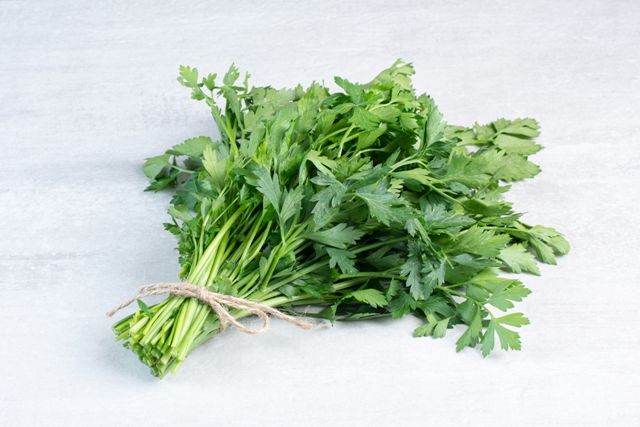
Therapeutic uses
It has been traditionally used for various therapeutic purposes, like –
- It has been extensively used as an imperative remedial action for hyperglycemia. It has seen that consumption of coriander leaves or its extraction is directly linked with decreasing blood sugar concentration
- It contains various imperative nutrients that help in improving cardiac health too. Its fibre content is responsible for decreasing cholesterol concentration, which helps to decrease the risk of accumulating fat within blood vessels as a result, lowers the prevalence of atherosclerosis as well as coronary artery disease
- Its potassium content helps in preventing hypertension
- Its magnesium component is also responsible for maintaining a healthy heart beat thus prevents the prevalence of arrhythmias
- Its calcium component plays significant role in promoting muscular activities as it helps in muscle contraction
- It helps to boost up metabolic processes of body as it provides significant amount of B vitamins
- It helps to stimulate the detoxification process as well thus its consumption is thought to be very effective for cleansing the body
- It helps to eliminate heavy metals too
- It helps to improve the symptoms of urinary tract infections
- It is also associated with supporting healthy menstrual functions

Culinary uses
- It can be added to Mexican dishes or on Salsa for enhancing the flavor of the dish
- It can also be added to soup
- It can be mixed with lime for preparing seasoning for grilled fish
- It can be used for preparing chutney
- It can be added to curries as well
Risk factors
Some individual often experience allergic reactions like nasal swelling, asthma etc thus it is better for them to avoid its consumption.
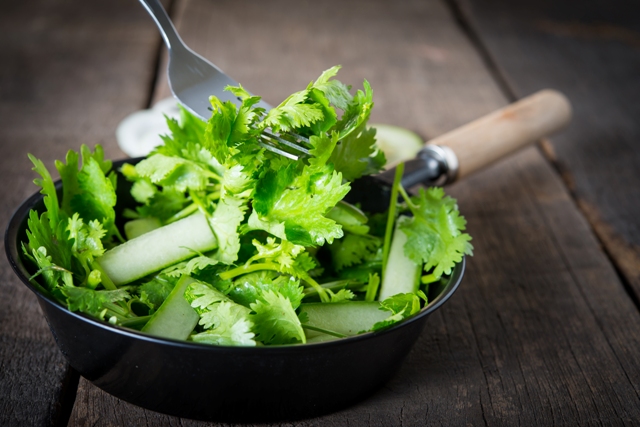

Source:
Bhat, S., Kaushal, P., Kaur, M. and Sharma, H.K., 2014. Coriander (Coriandrum sativum L.): Processing, nutritional and functional aspects. African Journal of plant science, 8(1), pp.25-33.
Devi, S., Gupta, E., Sahu, M. and Mishra, P., 2020. Proven Health Benefits and Uses of Coriander (Coriandrum sativum L.). In Ethnopharmacological Investigation of Indian Spices (pp. 197-204). IGI Global.
Keep, H.L.D.C., Health Benefits of Cilantro and Coriander Seeds.
Nambiar, V.S., Daniel, M. and Guin, P., 2010. Characterization of polyphenols from coriander leaves (Coriandrum sativum), red amaranthus (A. paniculatus) and green amaranthus (A. frumentaceus) using paper chromatography and their health implications. J. Herb. Med and Toxicol, 4(1), pp.173-177.
Rajeshwari, U. and Andallu, B., 2011. Medicinal benefits of coriander (Coriandrum sativum L). Spatula DD, 1(1), pp.51-58.
Singletary, K., 2016. Coriander: overview of potential health benefits. Nutrition today, 51(3), pp.151-161.
